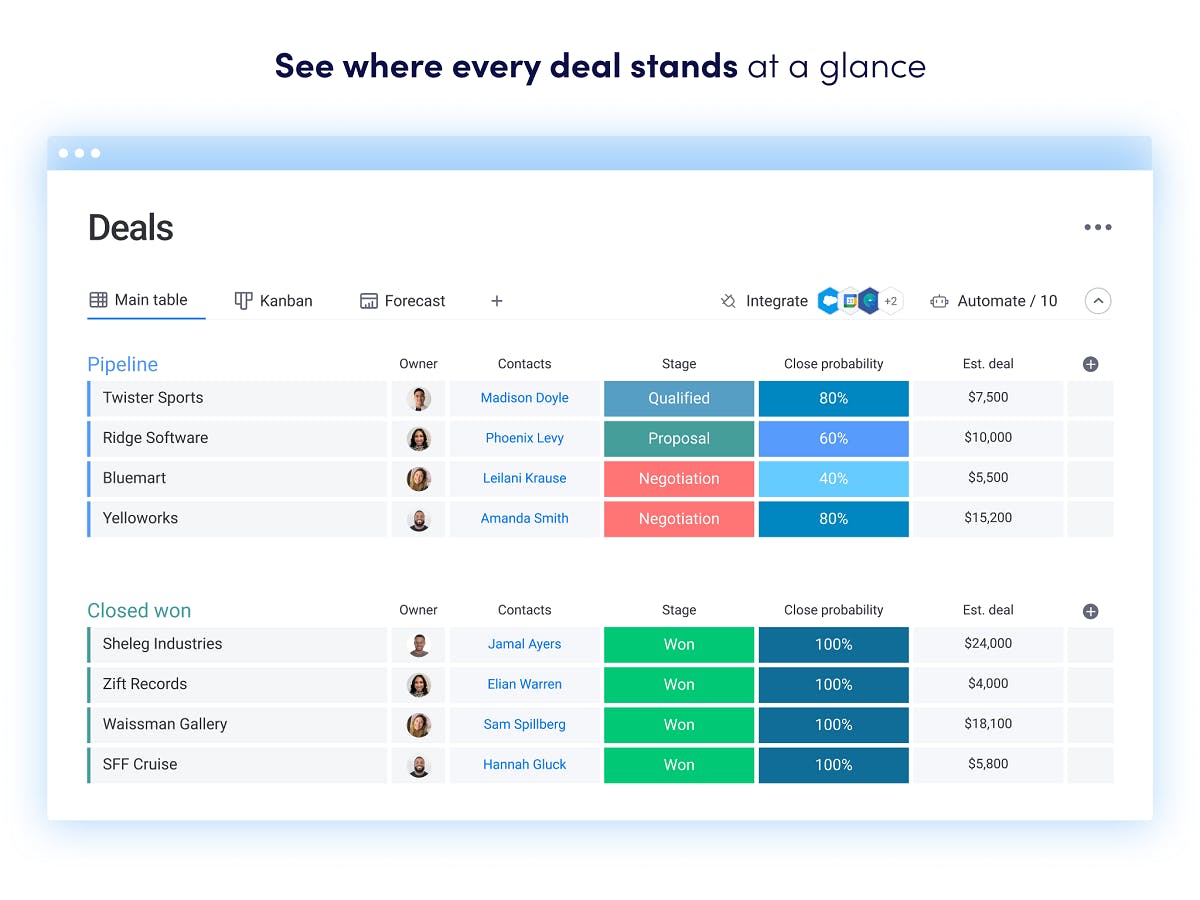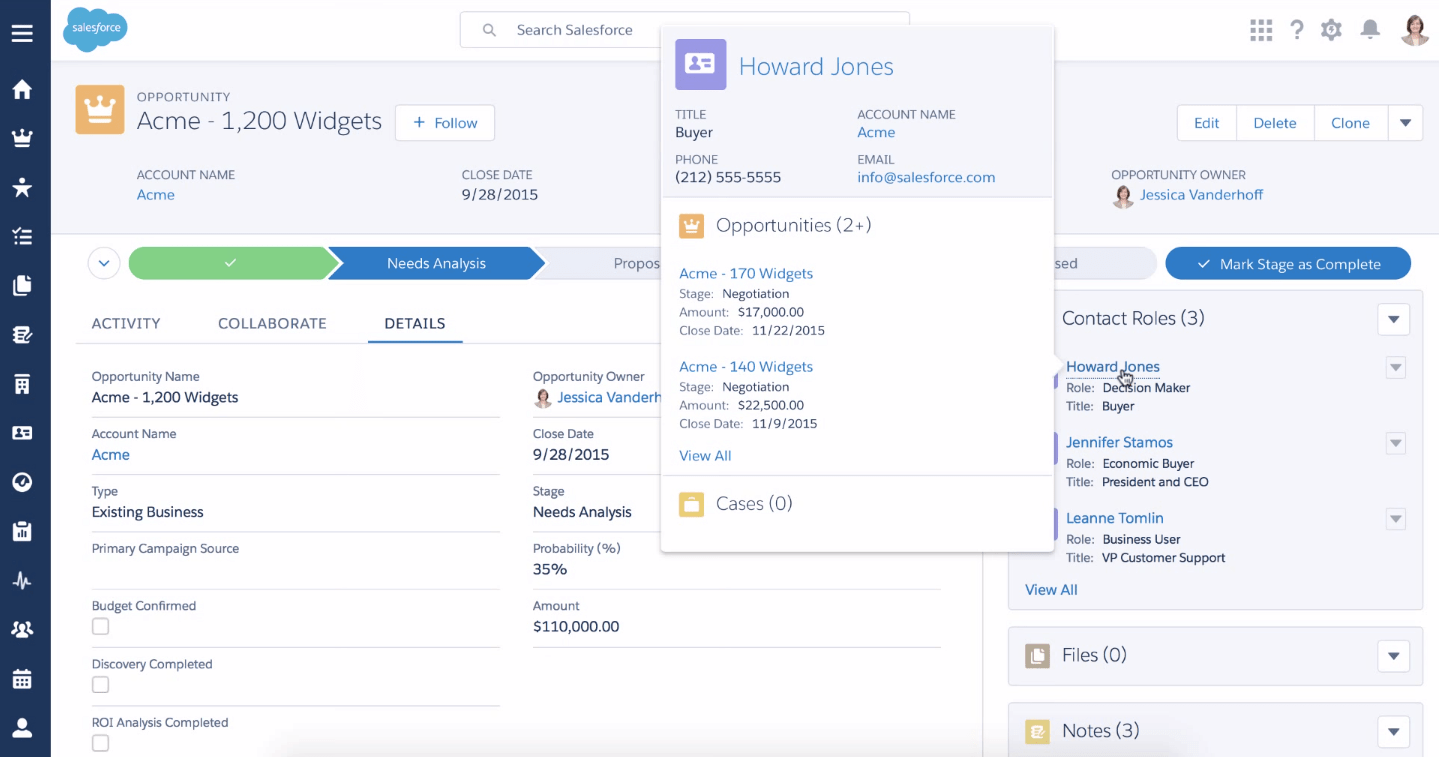Judul: Best Sales CRM Software for Your Business in 2024
Kata kunci: Sales CRM, CRM software, best CRM, sales automation, customer relationship management, sales management software, CRM features, CRM pricing, CRM benefits, CRM comparison, CRM reviews
Pendahuluan:
Are you looking for the best sales CRM software to help grow your business? You’ve come to the right place! Choosing the right CRM can feel overwhelming, with so many options available. But don’t worry, this comprehensive guide will walk you through everything you need to know to find the perfect fit for your needs and budget. We’ll explore various CRM options, highlighting their strengths and weaknesses, and helping you make an informed decision. We’ll cover essential features, pricing models, and even address some common FAQs. By the end, you’ll be confident in selecting the sales CRM that will boost your sales and streamline your processes.
Understanding Your Needs:
Before diving into specific CRM software, it’s crucial to understand your business’s unique requirements. Ask yourself these key questions:
- What size is your team? A small team might benefit from a simpler, more affordable CRM, while a larger team might need a more robust and scalable solution.
- What are your primary sales processes? Do you rely heavily on email marketing, phone calls, social media, or a combination? The ideal CRM should seamlessly integrate with your existing sales channels.
- What data do you need to track? Consider essential metrics like lead generation, conversion rates, deal closures, and customer interactions. Your CRM should provide comprehensive reporting and analytics to track these metrics effectively.
- What’s your budget? CRM software comes with varying price points, from free plans to enterprise-level solutions. Determine your budget constraints before starting your search.
- What level of technical expertise does your team possess? Some CRMs are more user-friendly than others. Choose a system that your team can easily learn and use without extensive training.

Key Features to Look For:
A top-tier sales CRM should offer a range of essential features:
- Contact Management: Efficiently store and organize customer information, including contact details, communication history, and purchase records.
- Lead Management: Track leads from initial contact to conversion, automating follow-up tasks and nurturing prospects.
- Sales Pipeline Management: Visualize your sales pipeline, monitor progress, and identify bottlenecks.
- Reporting and Analytics: Gain valuable insights into your sales performance through comprehensive reports and dashboards.
- Integration Capabilities: Seamlessly integrate with other business tools, such as email marketing platforms, accounting software, and social media channels.
- Mobile Accessibility: Access your CRM data anytime, anywhere, through a mobile app.
- Customization Options: Tailor the CRM to your specific business needs and workflows.
- Customer Support: Ensure the provider offers reliable customer support to address any issues or questions you may encounter.


Top Sales CRM Software Options:
Now let’s delve into some of the leading sales CRM software options available on the market. This is not an exhaustive list, but it provides a good starting point for your research. Remember to consider your specific needs and budget when making your decision.
| CRM Software | Key Features | Pricing Model | Best For |
|---|---|---|---|
| HubSpot CRM | Free, robust, excellent marketing integrations | Free, paid plans available | Small to mid-sized businesses |
| Salesforce Sales Cloud | Comprehensive, scalable, powerful automation features | Subscription-based | Large enterprises, complex sales cycles |
| Zoho CRM | Affordable, user-friendly, wide range of features | Subscription-based | Small to large businesses |
| Pipedrive | Simple, intuitive interface, strong sales pipeline focus | Subscription-based | Sales teams prioritizing pipeline management |
| Microsoft Dynamics 365 | Integrated with Microsoft 365, powerful analytics | Subscription-based | Businesses already using Microsoft products |
In-Depth Look at Popular CRM Options:
Let’s take a closer look at some of these CRMs:
-
HubSpot CRM: This is a great option for businesses starting out, offering a robust free plan with impressive features. Its strong integration with HubSpot’s marketing tools makes it ideal for businesses focusing on inbound sales. The paid plans unlock even more advanced features, including sales automation and detailed reporting. Keywords: HubSpot CRM, free CRM, inbound sales, marketing automation.
-
Salesforce Sales Cloud: The industry giant, Salesforce Sales Cloud, is a powerful and comprehensive solution for large enterprises with complex sales processes. It offers unparalleled scalability and customization options, but it comes with a higher price tag and a steeper learning curve. Keywords: Salesforce, enterprise CRM, complex sales, scalability.
-
Zoho CRM: A strong contender in the mid-market, Zoho CRM provides a balance between affordability and functionality. It’s user-friendly, offers a wide range of features, and is suitable for businesses of all sizes. Keywords: Zoho CRM, affordable CRM, user-friendly, mid-market CRM.
-
Pipedrive: If your primary focus is sales pipeline management, Pipedrive is a great choice. Its simple and intuitive interface makes it easy to use, even for those with limited technical expertise. Keywords: Pipedrive, sales pipeline, simple CRM, intuitive CRM.
-
Microsoft Dynamics 365: Seamlessly integrates with other Microsoft products like Outlook and Excel, making it a natural fit for businesses already invested in the Microsoft ecosystem. Its powerful analytics capabilities offer deep insights into sales performance. Keywords: Microsoft Dynamics 365, Microsoft integration, powerful analytics.
Choosing the Right CRM for You:
The best CRM for you depends entirely on your specific business needs and budget. Consider the following factors:
- Your team’s size and technical expertise: A smaller team might find a simpler CRM easier to use, while a larger team may require a more robust and scalable solution.
- Your sales processes: The CRM should seamlessly integrate with your existing sales channels and workflows.
- Your budget: CRMs range in price from free to enterprise-level solutions. Determine your budget constraints before starting your search.
- Your desired features: Prioritize the features that are most important to your business, such as lead management, sales pipeline visualization, and reporting capabilities.
Beyond the Software:
Remember, implementing a CRM is more than just choosing the right software. You also need to consider:
- Data Migration: Moving your existing customer data into the new CRM can be a complex process. Plan this carefully to minimize disruption.
- User Training: Ensure your team receives adequate training on how to use the CRM effectively.
- Ongoing Support: Choose a provider that offers reliable customer support to address any issues or questions you may encounter.
- Integration with other tools: Make sure the CRM integrates with your existing business tools for a seamless workflow.
Conclusion:
Selecting the right sales CRM is a significant investment for your business. By carefully considering your needs, researching different options, and implementing the system effectively, you can significantly improve your sales processes, boost productivity, and ultimately drive revenue growth. Remember to regularly review and adjust your CRM strategy as your business evolves.
FAQ:
-
Q: What is a CRM? A: CRM stands for Customer Relationship Management. It’s software that helps businesses manage and analyze customer interactions and data throughout the customer lifecycle.
-
Q: How much does a CRM cost? A: CRM pricing varies widely depending on the provider, features, and number of users. Some offer free plans, while others charge monthly or annual subscriptions.
-
Q: How long does it take to implement a CRM? A: Implementation time depends on the complexity of the CRM and the size of your business. It can range from a few weeks to several months.
-
Q: Do I need a CRM if I’m a small business? A: Even small businesses can benefit from a CRM. It can help you organize customer data, track leads, and improve communication.
-
Q: What if I need help with my CRM? A: Most CRM providers offer customer support, either through phone, email, or online resources. Choose a provider with a strong support system.
This expanded article provides a more comprehensive overview of sales CRMs, catering to an 8th and 9th-grade reading level while maintaining a professional tone. Remember to always conduct your own thorough research before making a decision.
